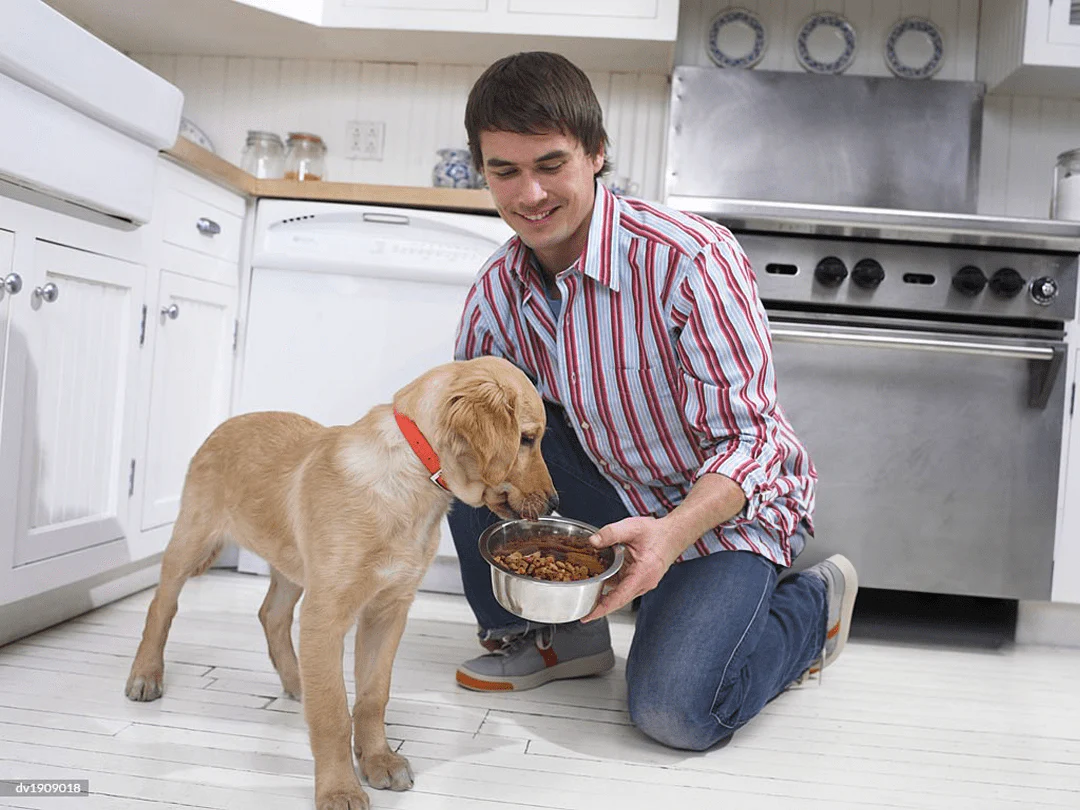
Why Do Pets Get Fussy Sometimes?
 Posted On
Posted On
Have you ever found yourself wondering why your pet gets fussy sometimes? It’s a common occurrence that can be frustrating for both pet owners and pets alike. In this article, we explore the reasons behind fussy behaviour in pets.
Also, don’t ignore the importance of securing their well-being amidst their quirks! Pet insurance can be essential for finicky pets, which is why it is worth considering a policy.
The best pet insurance acts as a shield, protecting your pet from a multitude of medical conditions and saving the day for both your pet and your bank account. So, why not consider getting a policy?
While you think about it, read this article to learn common reasons for fussiness in pets.
Reasons why pets can get fussy
Pets can exhibit fussiness for various reasons, often stemming from their personalities, health, or environmental factors.
Like humans, pets have distinct preferences and moods that can influence their behaviour. Changes in routine, surroundings, or even the introduction of new people or animals may trigger fussiness as pets navigate unfamiliar situations.
Health issues can also contribute to nagging behaviour. Discomfort or pain due to underlying medical conditions may lead to changes in behaviour, causing a once-friendly pet to become irritable or reluctant to engage in usual activities. Regular vet check-ups are essential to rule out potential health concerns.
Dietary preferences and sensitivities are other common sources of whining in pets. Changes in food, inconsistent feeding schedules, or introducing new treats may elicit picky behaviour. Some pets may develop preferences for specific textures, flavours, or brands, and deviations from their established preferences may result in irritation.
Additionally, emotional factors such as stress, anxiety, or boredom can contribute to fussiness. Environmental changes, like moving to a new home or the absence of a familiar caretaker, can disrupt a pet’s sense of security and lead to fussiness.
Understanding the specific triggers for a pet’s fussiness requires observation, patience, and sometimes professional guidance. Addressing the root causes, maintaining consistent routines, and providing a comfortable environment can help alleviate uncompromising behaviours and promote content and well-adjusted pets.
How to take care of a fussy pet
- Identify and note situations or changes that trigger fussiness in your pet.
- Maintain a regular schedule for feeding, playtime, and walks to provide stability.
- Introduce changes slowly to allow your pet to adjust without causing stress.
- Experiment with high-quality pet foods or consult a vet to address dietary preferences or sensitivities.
- Provide a variety of toys and activities to stimulate both physical and mental engagement, reducing boredom.
- Create a secure and comfortable environment with familiar items to reduce anxiety.
- Reward good behaviour with treats or praise to reinforce positive habits.
- Seek advice from a professional trainer or behaviourist for personalised strategies.
- Spend quality time with your pet, offering affection and attention to strengthen the bond and promote a sense of security.
- Schedule timely health check-ups to catch any health issues and seek treatments early.
Note that pets often exhibit fussiness when sick. Illnesses can cause much discomfort, pain, or changes in behaviour, leading to irritability or reluctance to engage in normal activities.
They may show signs of lethargy, decreased appetite, restlessness, or withdrawal. Monitoring changes in behaviour and seeking prompt vet care is crucial, as fussiness can be an early indicator of many health issues.
Provide appropriate treatment to help your pet recover to their usual happy and content state, and consider being equipped with pet insurance well in advance.
The best pet insurance can make top-notch medical care easily accessible for comprehensive medical conditions, so it’s a good idea to sign up for a policy quickly.





